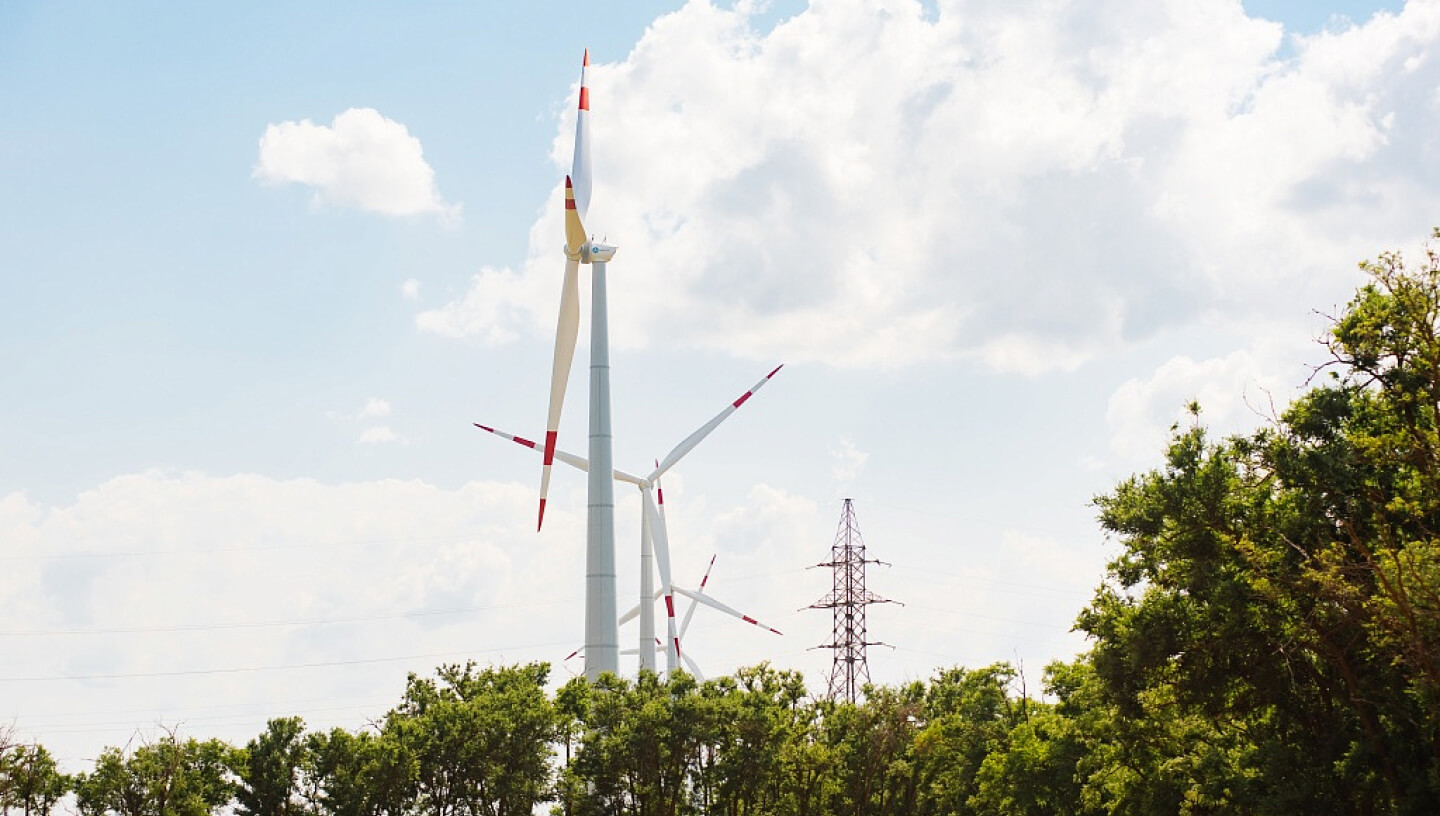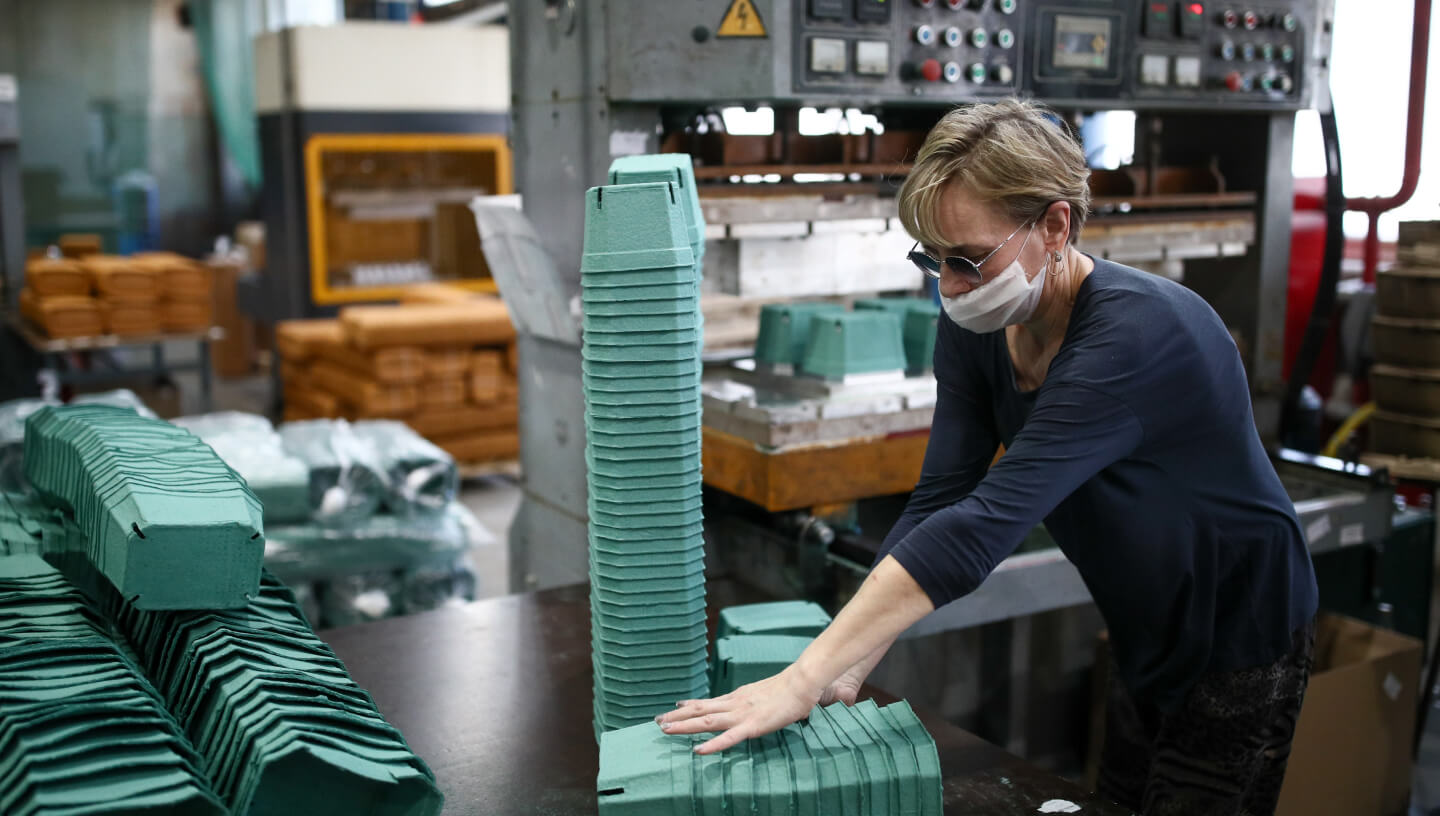For 93% of the world’s 250 largest companies, corporate sustainability focused around environmental issues has become standard practice, according to a study by Dutch accounting firm KPMG. Organisations that fail to adhere to this strategy risk losing investment appeal and customer loyalty, as well as a significant portion of profits.
What is corporate sustainability
Over the past 10 years there has been a great deal of change in corporate responsibility. What used to be voluntary social engagement and philanthropy (recycling, reducing emissions, investing in environmental issues and so on) has now evolved into sustainable processes that reflect the company’s position and influence its reputation.
Sustainability in modern business is built on ESG principles:
- E — environment (concern for the environment). Any company can take steps to preserve the environment. For example, stop using disposable cups in the office, organise separate waste collection, order lunches for employees in reusable lunchboxes instead of the plastic containers that fill up landfills.
- S — social (social responsibility). For example, a garment factory may stop buying fabric from suppliers who exploit their employees. “Modern slavery” consists of forced labour, wages below the cost of living, poor working conditions. Thus, according to the Uzbek-German Forum, Uzbek officials are forcing local farmers to grow silk cocoons and sell them for next to nothing.
- G — governance (high level of corporate governance). This includes a clearly defined development strategy, transparent reporting and an anti-corruption policy.
These principles were formulated by former UN Secretary General Kofi Annan. Their popularity is growing: Bloomberg Intelligence predicts that global assets of companies following the ESG principles will exceed $53 trillion by 2025, accounting for more than a third of total managed assets.
Nazar Sotiriadi, Executive Director of Sber, points out that there is currently no turnkey ESG transformation service in Russia. Therefore, every entrepreneur needs to create his or her own corporate sustainability plan. There is no point in procrastination: implementation of ESG-principles has an increasing impact on financial stability and competitiveness of companies every year. Moreover, implementing an ESG strategy has a number of advantages.
 Photo by: NovaWind JSC
Photo by: NovaWind JSC
Investment attractiveness
According to EY, a UK-based audit and consulting firm, 97% of investors check whether a company meets ESG criteria before investing in its development. For example, US investment fund BlackRock Inc has said it will not partner with organisations that do not plan to be carbon neutral by 2050.
Ksenia Yudaeva, First Deputy Chairman of the Bank of Russia, also confirmed the popularity of green investments. She notes that there are fewer and fewer opportunities to raise finance for projects that do not comply with sustainability principles, and companies that ignore the need to take care of the environment run the risk of losing money.
In addition, “green” projects (e.g. those aimed at reducing greenhouse gas emissions, energy savings) can borrow at a lower interest rate. The average discount is 0.2–0.4%. The criteria for “green” projects are described in detail in Russian government decree No. 1587 of 21 September 2021.
Consumer loyalty
A concern for environmental issues is changing consumers’ priorities. According to a survey by integrated media agency Havas, 72% of Russians believe that brands should launch campaigns aimed at improving the world, and 34% are willing to pay more for the products of organisations involved in addressing social and environmental issues.
A survey by Ecobureau GREENS and member of the World Ecolabelling Association Ecological Union showed that 65.4% of consumers are motivated to buy ecological goods because of the opportunity to contribute to environmental conservation. Particularly high demand is for eco-friendly food, household chemicals and cosmetics.
Many global companies have already realised that their customers are interested in environmentally friendly products. Clothing manufacturers are switching to recycled or organic fabrics (linen, nettle, cotton, bamboo). Cosmetic companies are actively using organic ingredients and abandoning unnecessary packaging. Restaurants and offices are reducing energy consumption and waste.
 The process of producing packaging from recycled waste paper at the Solnechnogorsk Experimental Mechanical Plant. Photo by: Sergey Bobylev / TASS
The process of producing packaging from recycled waste paper at the Solnechnogorsk Experimental Mechanical Plant. Photo by: Sergey Bobylev / TASS
Lean production
The concept of a green agenda resonates closely with the principles of lean manufacturing. They are based on the desire to reduce the consumption of resources while maintaining output. One way to make more product from less material is to use recycled materials. For example, the Canadian company General Recycled has patented a process to recycle industrial workwear made from aramid fabric (a heat-resistant material used to make clothing for firefighters, EMERCOM personnel, the military, metalworkers) into recycled materials to produce fleece, knitwear, overalls and so on.
The principles of lean production are also being implemented by Russian companies. For example, the Tomsk Rubber Footwear Plant recycles more than 100 tonnes of rubber-textile waste annually, and now sends these materials for recycling and reuse. This allows the company to save on the purchase of raw materials, as well as on fees for waste removal and delivery to a landfill.
Lean production is not only about reducing resource consumption, but also about managing employees’ time rationally. Thus, as part of the national project ‘Labour Productivity and Employment Support’, experts from the Federal Labour Productivity Competence Centre analysed the work of the Tyumen pig breeding complex of LLC Soglasiye. It turned out that the enterprise’s personnel performed a lot of unnecessary movements and operations, and only 35% of their working time was devoted to useful activities that influence production efficiency. After the FCPF reallocated responsibilities, employees started going home on time and the complex’s revenue increased by 14.45 million roubles a year.
 Photo from: Morsa Images / iStock
Photo from: Morsa Images / iStock
Reducing electricity costs
Another way to save money for the environment is to reduce energy consumption. To do this, it is worth reconsidering the running times of appliances. Some appliances, such as heaters, computers, printers, and coolers, consume energy even when they are in “sleep” mode. This phenomenon is called “vampiric” or “ghost energy”. Leakage can amount to 30–40% of total electricity consumption, so devices should be unplugged during periods of downtime.
When purchasing appliances, it is worth paying attention to their energy efficiency class. Devices labelled A, A+, A++, A+++ use 45% less energy than standard models. Class B appliances save 25% in energy costs, while class C appliances save 5%. And you could also replace incandescent bulbs with energy-saving bulbs to reduce your lighting bill by a factor of seven. In pass-through areas, a movement sensor can be installed so that the light comes on when a person approaches and goes off automatically, which also has a positive effect on energy consumption.
In addition, the electricity needed for the company’s needs can be generated independently. For example, two Sberbank offices in Astrakhan and the Astrakhan region have started using solar power. Solar power generation modules have been installed on the roofs of the bank’s sales and service offices. The equipment generates 2,300 kilowatt hours per month — more than 20% of the volume consumed by Sber’s two divisions. The costs of purchasing 1-kilowatt solar panels pay for themselves in an average of four years, and even faster for more powerful modules.
Green protection against fines
An example of how expensive it is to refuse to implement the green agenda is the accident in Norilsk. The Norilsk-Taimyr Energy Company (NTEC, a subsidiary of Nornickel) paid a record fine of 146 billion roubles for spilling 21,000 tonnes of diesel fuel. NTEK pleaded guilty and refused to appeal the court ruling. The fuel spill occurred on May 29, 2020, in the Kayerkan area of Norilsk. According to Rostekhnadzor, the cause was weak soil, which caused the tank’s piles to fail to withstand the load. The fatal mistake made by the CHPP was the lack of a monitoring system that can predict ground subsidence. Nornickel CEO Vladimir Potanin said that the situation was a lesson for the company and an incentive to take industrial safety and environmental issues more seriously.
Author: Vera Zhikhareva
Cover photo: Google Press Service








Comments